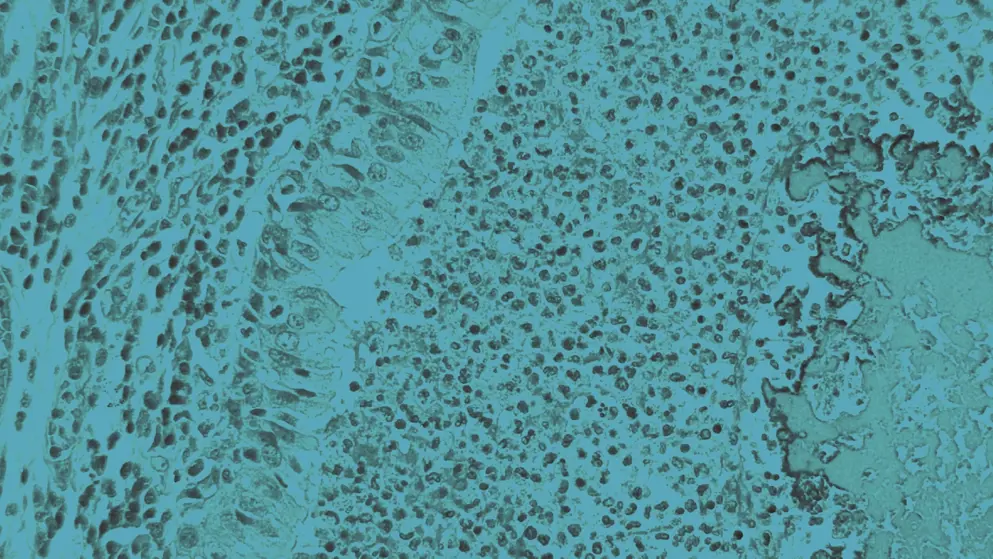
Cystic fibrosis
Cystic fibrosis (CF) is an autosomal recessive genetic disorder caused by mutations in the CFTR gene, which encodes the cystic fibrosis transmembrane conductance regulator protein. These mutations impair chloride transport across epithelial cells, resulting in thick, viscous secretions that compromise mucociliary clearance. This leads to chronic obstruction, inflammation, and infection in the respiratory and gastrointestinal tracts, as well as dysfunction in exocrine glands. Historically associated with early childhood mortality, CF outcomes have significantly improved due to advances in neonatal screening, CFTR modulators, nutritional support, and lung transplantation.
What is the global prevalence of cystic fibrosis?
More than 100,000 people worldwide live with CF. While CF can occur in any population, it is most prevalent among individuals of Northern European ancestry.
What are the main symptoms of cystic fibrosis?
CF typically presents with lower respiratory tract infections (e.g., pneumonia, bronchitis), steatorrhea, wheezing, sinusitis infections, persistent cough, failure to thrive, and poor weight gain. Other features may include nasal polyps, digital clubbing, and male infertility due to congenital bilateral absence of the vas deferens.
How is cystic fibrosis typically diagnosed?
Newborn screening programs detect most cases early. Diagnosis is confirmed through sweat chloride testing and/or genetic testing. Indirect evidence suggests a correlation between early diagnosis and improved lung function outcomes.
It is important to diagnose CF as early as possible. Prompt initiation of treatment helps prevent complications and can improve survival rates.
What treatment options are available for cystic fibrosis?
Although CF remains incurable, therapeutic advances have transformed prognosis. Management includes CFTR modulators, airway clearance techniques, inhaled antibiotics, anti-inflammatories, bronchodilators, pancreatic enzyme replacement, and nutritional support. Lung transplantation remains an option for advanced disease. Treatment aims to preserve lung function, prevent complications, and optimize quality of life.
Developed by EPG Health for Medthority, independently of any sponsor.

